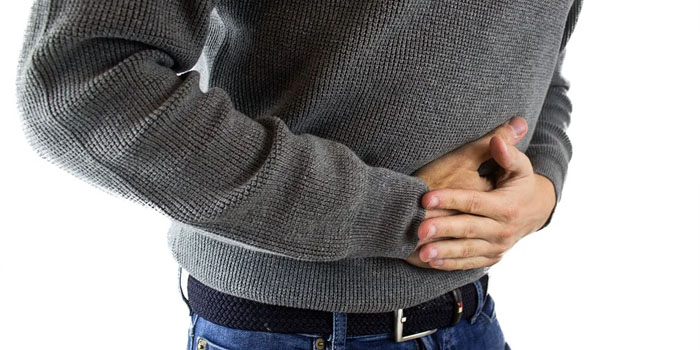Diet against gas and abdominal bloating
We have all had the annoying and uncomfortable gas that makes us bloated, have a stomach ache and cause us discomfort.
Gases are air naturally present in the digestive tract that originate primarily from air intake, chemical reactions within the intestine, the diffusion of gas from the blood, and the fermentation of unabsorbed carbohydrates.

The reasons may be diverse, but what is clear is that food plays the leading role.
Today I explain how to treat them through food and some tips and advice:
Table of Contents
- 1 Tips and tricks to relieve gas
- 2 Eating tips to avoid gas
Tips and Tricks to Relieve Gas
- Eat slowly without swallowing too much air. It is not necessary to count bites, but to take small pauses.
- Don’t chew gum frequently.
- Try to manage your stress, learn relaxation techniques and forget about things.
- Plan your meals in advance, sit down and eat relaxed in a calm environment. Do not eat between meals, standing, in a hurry, talking, working or walking.
- If you are nervous at mealtime, take a minute, take a deep breath, breathe, and eat relaxed.
- When you are eating make sure that you do not have anything that presses on your belly, or eat while leaning on a bar.
- Unzip to eat.
- Massage your belly, doing a horizontal 8 when the pain strikes or pressing down.
- Go to the bathroom whenever you need to. Squatting helps. The pain won’t go away until they get out, wherever they can; therefore, you have to let them come out.
Eating tips to avoid gas
- You have to know that most carbohydrates cause gas , in more or less amounts, depending on each person. In the first place, slow absorption carbohydrates stand out, such as legumes (lentils, beans and chickpeas), pasta and corn; also dairy products, such as cow’s milk, ice cream, cream, cream and aged cheeses; and vegetables, such as cauliflower, broccoli, cabbage, onion, mushrooms, artichokes, cucumber, green bell peppers, lima beans, radishes, turnips, and asparagus.
- Artificial sweeteners, such as mannitol, xylitol, and sorbitol, are also gas-producing agents. These are found mainly in candies and chewing gums or sugar-free drinks.
- Avoid alcohol and tobacco.
- Avoid very fatty foods or dishes: poorly prepared fried and battered foods (with excess oil), fatty stews and stews, sauces with excess fat (cream, butter, butter, bacon, strong cheeses …), fatty pastries and pastries ( puff pastry or puff pastry, shortcrust dough, with butter, cream, mocha, chocolate, etc.).
- Eliminate carbonated beverages.
- Dairy products should also be eliminated from your diet, especially because of the lactose content, which is the hardest thing to digest.
- Replace coffee, decaffeinated and tea with infusions of mint, anise, sage or fennel or add some grains of green anise, fennel or cumin to an infusion of chamomile, since they help digestion, and peppermint, which relaxes the muscles of the colon (large intestine), which helps relieve the discomfort of excess gas.
- Cook all food well, the more cooked the easier it is to digest. Therefore avoid all raw foods including fruit, juices, smoothies and salads.
- Try to drink a glass of water maximum at each meal and do it in small sips, not all at once. Drink water outside of meals.
- Eat organic food to avoid pesticides that are great irritants of the mucosa and can cause another episode of inflammation, bacterial proliferation, pain and gas.
- You can take infusions indicated for gases such as star anise, cumin, fennel, thistle, caraway, licorice.
If these changes in diet are difficult for you, remember that the secret is to create a habit little by little as I teach in the course on Changing Habits.
Finally, and even if I am not in favor of it, if the diet against gas and everything else does not manage to alleviate the symptoms, you can resort to drugs.
I hope this information has been useful to you and that when you put it into practice it helps you. You will tell me about your experience in the comments.a




















+ There are no comments
Add yours